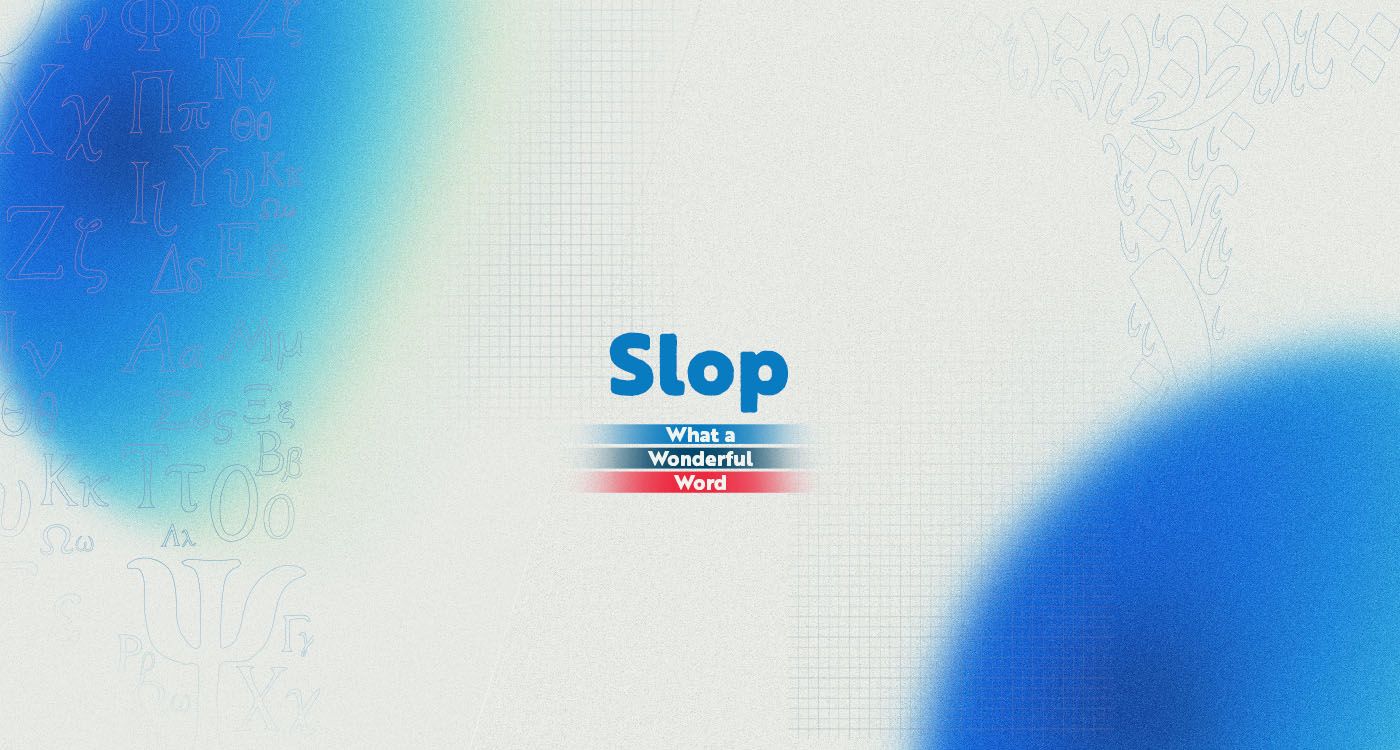
Once a term for muddy leftovers, “slop” now describes the rising tide of generic, AI-generated content polluting social feeds and search results. As automation outpaces authenticity, naming the phenomenon is a first step in reclaiming the digital commons.
As generative artificial intelligence (AI) surges, a new term is gaining traction: slop. No longer just a word for literal mud or lukewarm food, in digital lingo it now refers to a rising wave of unwanted, AI-generated content, vacantly produced, algorithmically amplified, and clogging up social media.
From Messy Mud to Messy Media
In traditional English, “slop” could mean soft mud, tasteless liquid, or kitchen refuse, and by extension was used for any low-value, sloppy output. But Merriam‑Webster's latest Slang & Trending entry redefines it in the AI age:
“slop (noun): unwanted and unasked-for AI-generated content — from sound to images to social media profiles.”
How “AI Slop” Invaded the Digital Sphere
The term “AI slop” emerged online in the early 2020s on tech blogs and was championed by British programmer Simon Willison in mid-2024. “Just as ‘spam’ became the term for unwanted emails, ‘slop’ is going into the dictionary as the term for unwanted AI-generated content,” he wrote on his weblog, citing a tweet.
This includes shallow text, generic imagery, inflated social media profiles, and scattered content farms. Strange images on Facebook, awkward inspirational posts on LinkedIn, endless clickbait articles: AI-generated content is flooding digital spaces.
Most of it is quick to produce, hard to trace, and easy for platforms to promote. As algorithms push more of this low-quality material, social media and search engines start to feel less human, and less useful.

Why the Word Matters
Slop isn’t just digital clutter, it changes how we find and share information. When automated content drowns out real voices, it becomes harder to trust what we see online.
By calling it “slop,” we give this growing problem a name. It’s a way to talk about a digital world that values clicks over quality, speed over sense, and quantity over meaning.





Comments